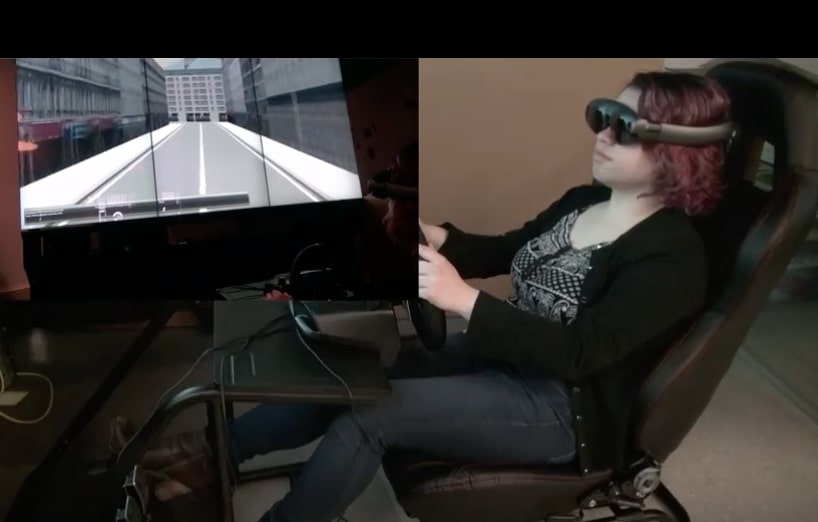 |
Mobile OfficeHuman–AI Interaction for Remote Work and Mobile EnvironmentsThis project explores how human–AI interaction can support new forms of work and wellbeing in mobile and remote contexts, from automated vehicles to distributed creative teams. We investigate how intelligent systems can augment creativity and collaboration in remote group work, and how multi-interface in-vehicle environments can transform cars into safe, productive, and wellbeing-oriented workspaces. |
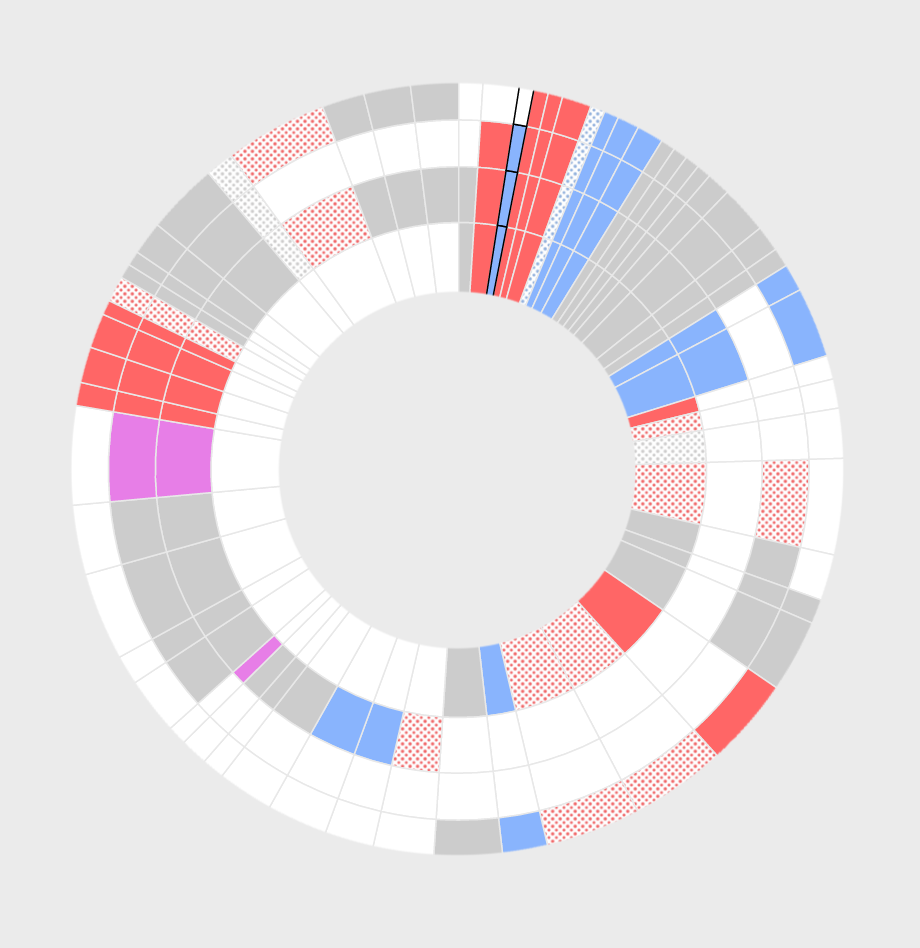 |
UbiQomixHuman–Computer Interaction for Personal OmicsThis project designs intuitive interaction techniques and consent interfaces that help non-expert users understand and manage their personal genomics and microbiome data, supporting informed engagement with biomedical research and personal health decisions. |
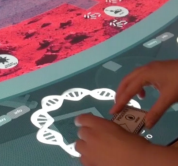 |
BacToMarsCreative Engagement with Bio-Design for ChildrenA collaborative educational video game that engages elementary school students in bio-design through exploratory gameplay, introducing biological engineering concepts in a playful and creative way. |
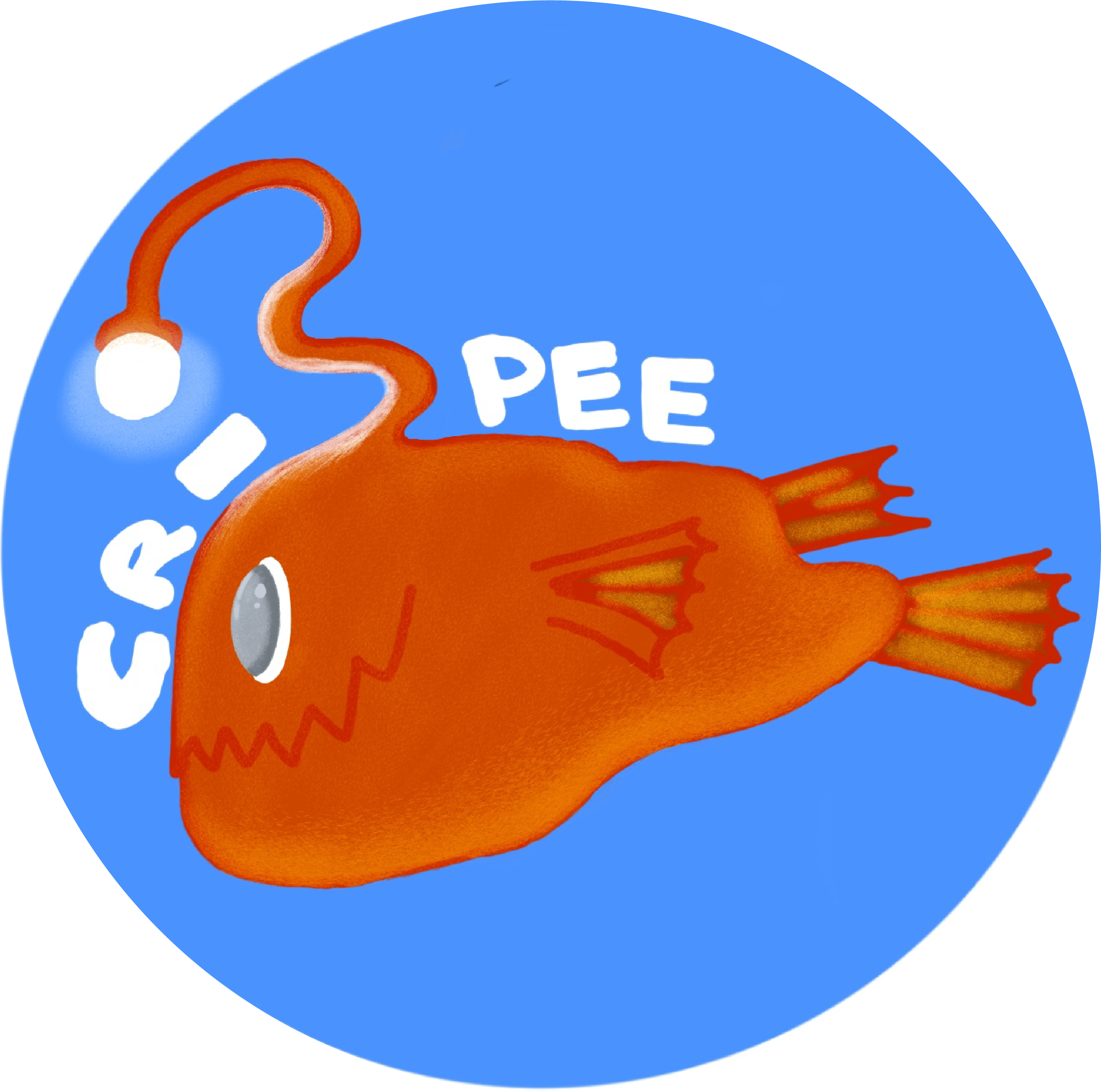 |
CRISPEECreative Engagement with Bio-Design for ChildrenA tangible user interface that teaches young learners (K -2) foundational bioengineering concepts like gene editing through interactive, hands-on play, making advanced science accessible in early education. |
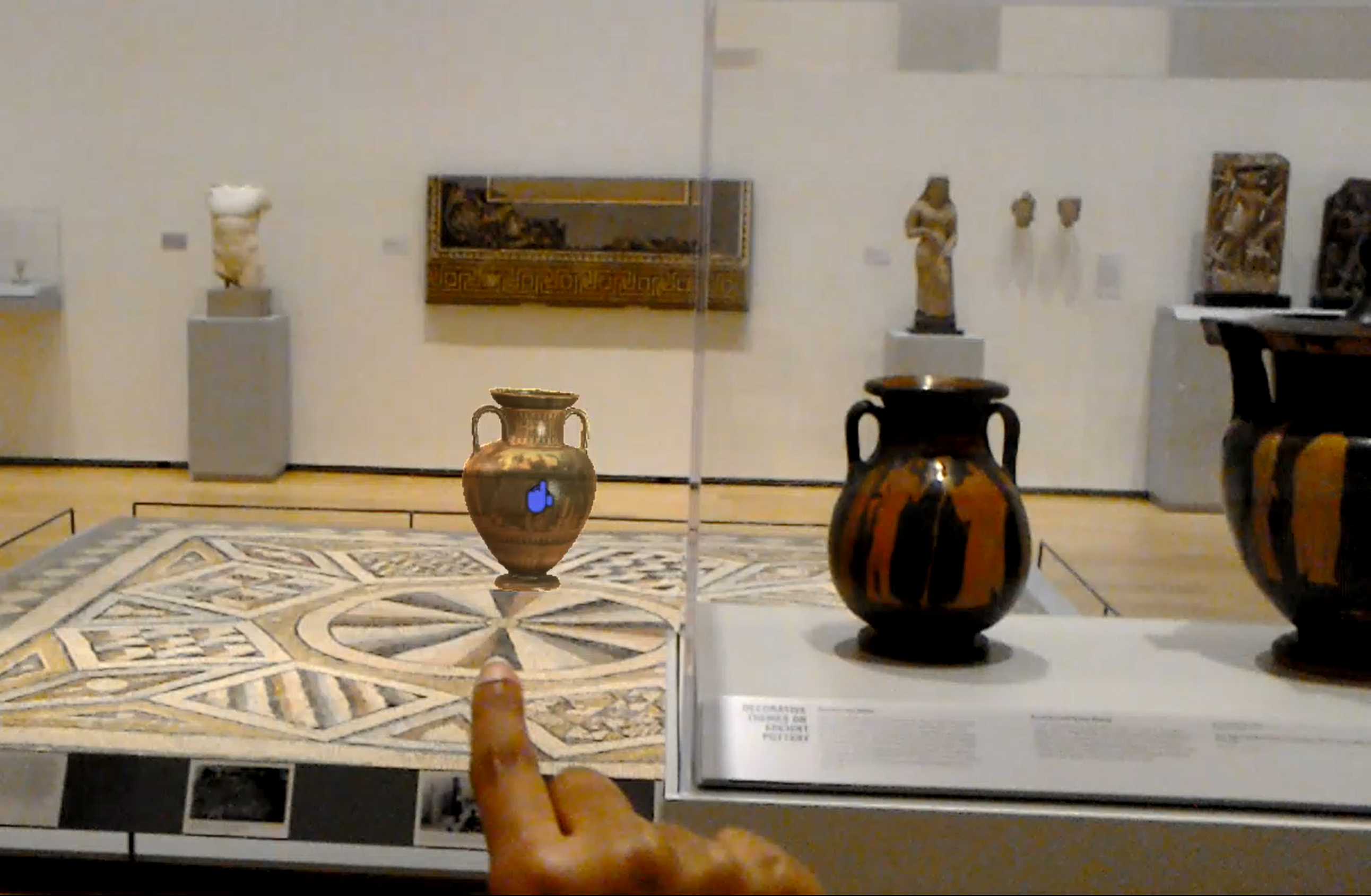 |
holoSTEAMExploring Engagement with HologramsThis project investigates how holographic technology can foster engagement in STEAM learning by integrating immersive holograms into interactive educational environments. |
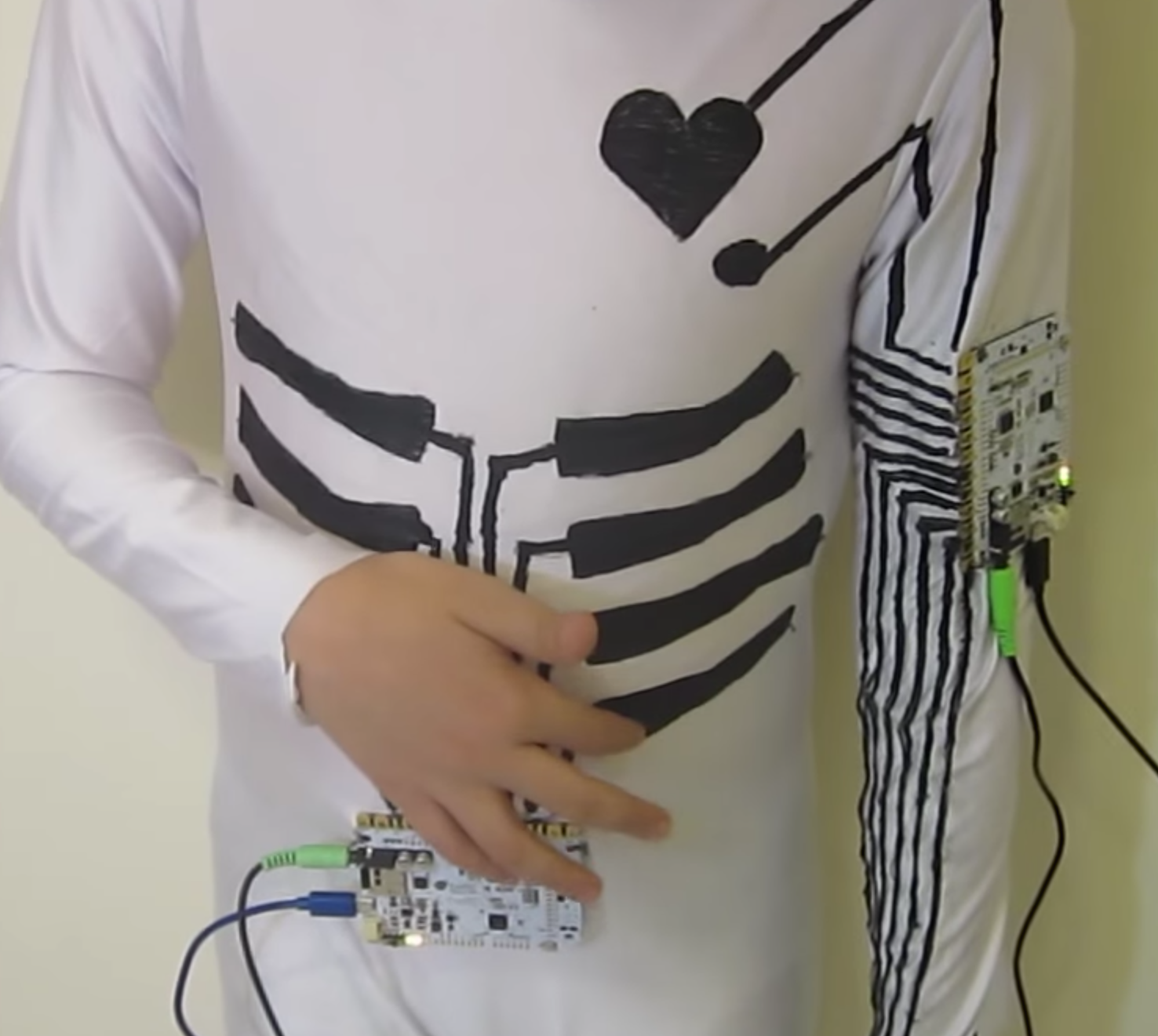 |
Beyond the ScreenEnvisioning Mundane Objects with Actuation and TransformationEnvisions and prototypes ways to augment everyday objects with actuation, enabling them to transform and interact in surprising, engaging ways beyond traditional screen-based interfaces. |
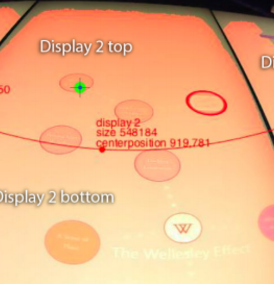
|
MultiDevice EnvironmentsStudying Group Collaboration in Multi-Device EnvironmentsExplores how large touchwalls, tabletop surfaces, and personal devices can work together to support group collaboration, using tools like eye-tracking and observational studies to analyze user behavior. |
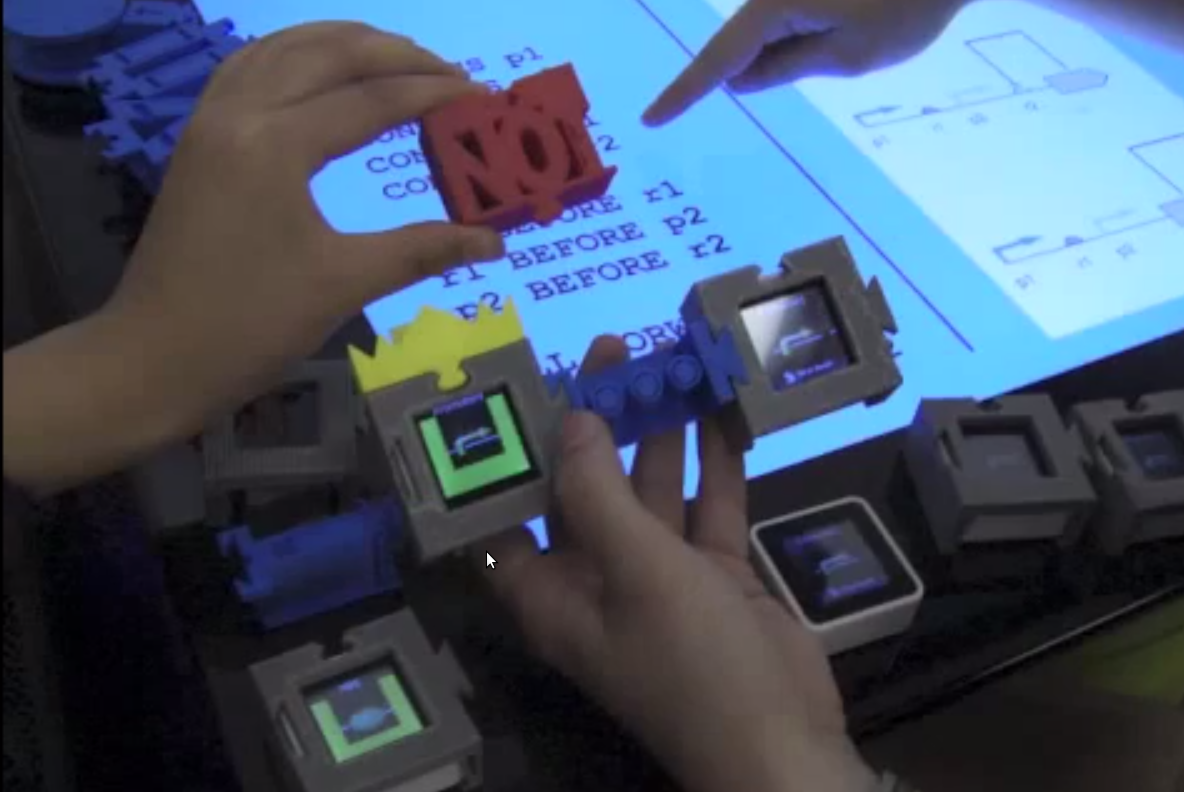 |
SynbiosisAdvancing Innovation in Bio-Design through Reality-Based InteractionInvestigates how reality-based interaction methods can support innovation in bio-design by grounding tools in tangible, embodied interactions that make synthetic biology more accessible and creative. |
 |
G-nome SurferEnhancing Scientific Discovery through Reality-Based InteractionSupports scientific exploration and discovery in genomics by leveraging embodied, reality-based interaction techniques to help users navigate and understand complex biological data. |
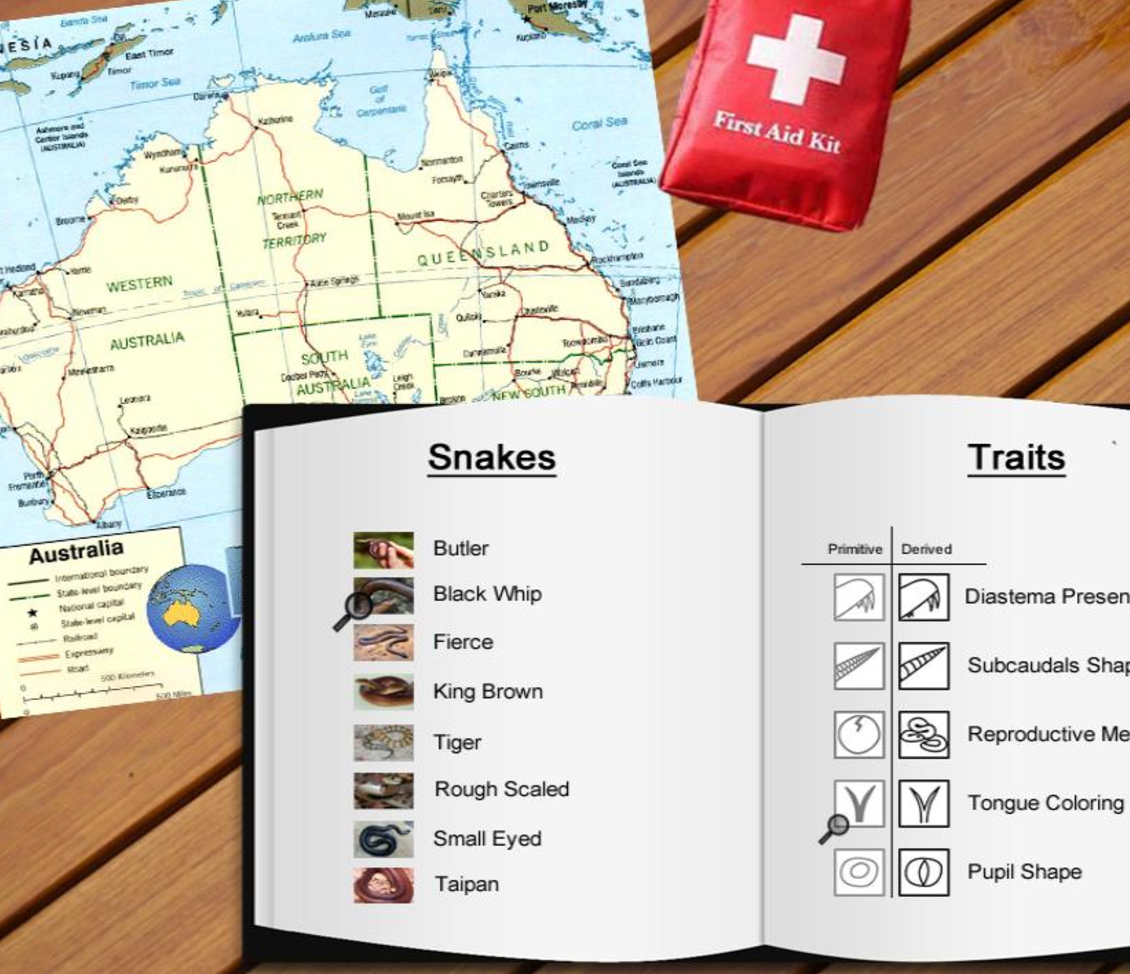 |
Phylo-GenieTeaching "Tree-Thinking" through Tabletop InteractionTeaches evolutionary tree conceptualization—“tree-thinking”—through interactive tabletop interfaces that visualize phylogenetic relationships in an intuitive way for learners. |
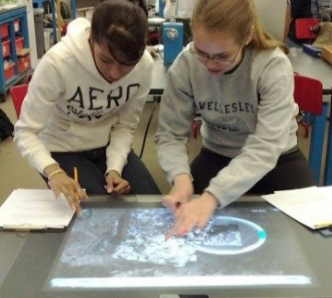
|
Green TouchA Collaborative Environment for Engaging Novices in Scientific InquiryFacilitates novice engagement in scientific exploration through collaborative, natural user interfaces that encourage inquiry-driven learning in ecological and environmental science. |
© 2025 Wellesley College Human-Computer Interaction Laboratory.




